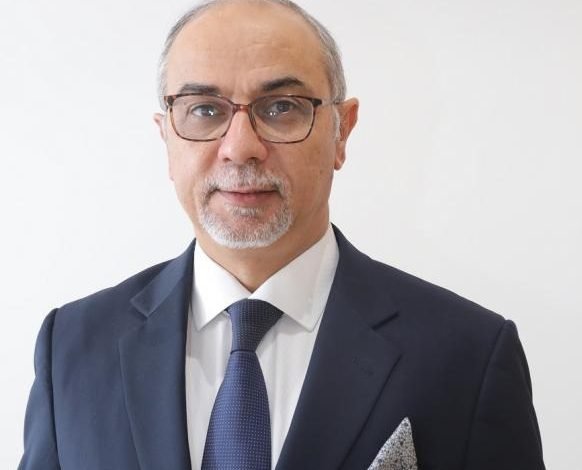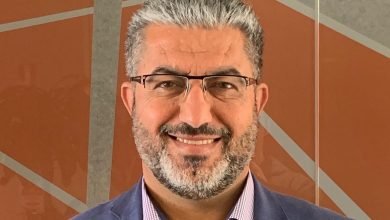
By : Dr. Khalid Al-Wazani
Jordan Daily – Since launching the world’s first national strategy for artificial intelligence (AI) in 2017 and appointing the world’s first Minister of AI, the United Arab Emirates has firmly positioned itself as a global pioneer in harnessing AI to serve economic growth and societal advancement. This vision is not just symbolic—it is operational, ambitious, and deeply embedded in the country’s long-term development agenda.
Nowhere is this leadership more visible than in Dubai, a city that has become a global hub for innovation and a benchmark in AI deployment. The launch of the “Dubai AI Week” stands as a testament to this commitment, drawing thousands of experts, decision-makers, and technology leaders from around the world. The event didn’t just celebrate AI in theory—it showcased real-world applications in education, healthcare, transportation, security, and energy, reflecting a grounded approach to integrating AI across all sectors of life.
Dubai’s strategy goes beyond adopting technology—it reimagines public service delivery, aiming for a post-bureaucratic government model powered by AI. From enhancing smart energy management to using AI to predict and control epidemics, the city is setting ambitious performance metrics. With an eye on raising AI’s contribution to the national GDP to over 14% by 2030—and investing nearly $100 billion to achieve it—Dubai is not merely reacting to global tech trends; it is setting them.
Importantly, this vision extends beyond its borders. Dubai offers its AI experience as an open model for governments and institutions worldwide—freely sharing its frameworks for building national AI strategies, investing in digital talent, and optimizing public services. This openness has transformed Dubai into a global classroom for AI integration.
Yet, with great power comes great responsibility. The UAE’s AI leadership, along with global trends, underscores the urgent need for clear ethical and legislative frameworks to govern AI deployment. While algorithms offer immense potential to solve complex problems, they also introduce risks—ranging from privacy violations and lack of transparency to algorithmic bias and labor market disruption.
As AI continues to evolve, it is imperative that governments strike a thoughtful balance between innovation and regulation. Legally binding policies that embed ethical considerations, enforce transparency, and ensure accountability are not optional—they are essential. Only then can societies trust AI systems and ensure that their benefits are equitably distributed.
The UAE’s journey proves that technological leadership is not just about who gets there first, but about who builds systems that are sustainable, inclusive, and ethically sound. As the world looks to the future, the lesson from Dubai is clear: innovation must walk hand-in-hand with responsibility.
Dr. Khalid Al-Wazani is a Professor of Economics and Public Policy at the Mohammed Bin Rashid School of Government, UAE.

